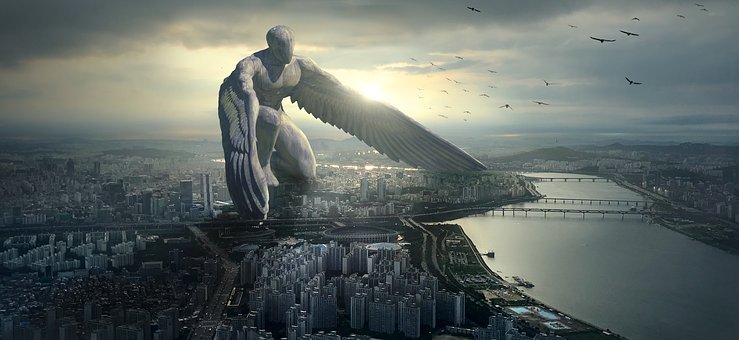Taliban Supreme Leader Hibatullah Akhundzada appeared in public yesterday in Kabul, where he attended an assembly of clerics called by the regime to consolidate its power. Mr. Akhundzada, who has never been filmed or photographed in public since the Taliban came to power in August, and usually lives in seclusion in Kandahar (South), their spiritual center, then spoke to the Assembly. His arrival, broadcast on state radio, was greeted with cheers and songs to the glory of the Taliban, such as “long life to the Islamic Emirate of Afghanistan”, the official name of the regime.
More than 3,000 religious and tribal leaders have gathered since Thursday in the capital for a three-day grand council intended to legitimize the power in place. The Afghan press had been speculating for several days about Mr. Akhundzada’s possible participation in this event. Only audio recordings of him had so far been made public since August, without them being able to be authenticated by an independent source. Despite his discretion, Mr. Akhundzada, who would be in his 70s, holds the movement with an iron fist, according to analysts, and bears the title of “Commander of the Faithful”. The gathering, the largest since the Taliban took power, comes a week after an earthquake struck the southeast of the country and left more than 1,000 people dead and tens of thousands homeless.
No women in the assembly
No women were allowed to participate in this assembly. The Taliban felt this was unnecessary as they are represented by male relatives. A Taliban source said earlier this week that participants would be allowed to criticize the regime and that thorny issues, such as girls’ education, a subject of debate within the movement itself, would be on the agenda. At the end of March, the Taliban had closed high schools and colleges for girls, just hours after their reopening, announced for a long time. This unexpected reversal had been ordered by Mr. Akhundzada himself, according to several sources within the movement.
The Taliban have largely returned to the ultra-rigorous interpretation of Islam that marked their first passage to power, between 1996 and 2001, severely restricting women’s rights. They almost completely barred them from public employment, restricted their right to travel, and barred girls from attending secondary schools. Women were also required to wear the full veil, covering the face, for any outing in public. They also banned non-religious music, the representation of human faces in advertisements, the broadcast on TV of films or series showing unveiled women, and asked men to wear traditional clothing and let their beards grow. Yesterday, the UN High Commissioner for Human Rights, Michelle Bachelet, advised the Taliban to take inspiration from Muslim countries that promote women’s rights and respect their commitments. Likewise, diplomats on all sides have called on the Taliban to guarantee women’s rights, during an urgent debate at the UN Human Rights Council requested by European Union countries.
Priority to obedience
The Taliban surrounded this gathering with strong security measures. But on Thursday, two armed men still managed to approach the place of the meeting, at Kabul Polytechnic University, before being shot. According to Taliban officials, they began firing from the roof of a nearby building, before being “quickly eliminated”.
The Taliban has provided few details about what is described as a “jirga”, a traditional assembly of elders in which differences are normally to be settled by consensus. The media were denied access, but some speeches were broadcast on state radio, most calling for unity behind the regime. “Obedience is the most important principle,” said Habibullah Haqqani, who holds the presidency, at the opening of the council. “We must obey all our leaders in all matters sincerely and truly,” he said.
From the council rostrum, an influential imam said anyone trying to overthrow the regime should be beheaded. “This (Taliban) flag was not raised easily, and it will not be lowered easily,” said Mujib ur Rahman Ansari, the imam of the Gazargh mosque in Herat (West). “All religious scholars in Afghanistan should agree…that anyone who commits any act against our Islamic government should be beheaded and eliminated,” he said.
Source: AFP
Taliban Supreme Leader Hibatullah Akhundzada appeared in public yesterday in Kabul, where he attended an assembly of clerics called by the regime to consolidate its power. Mr. Akhundzada, who has never been filmed or photographed in public since the Taliban came to power in August, and usually lives in seclusion in Kandahar (South), their center…

